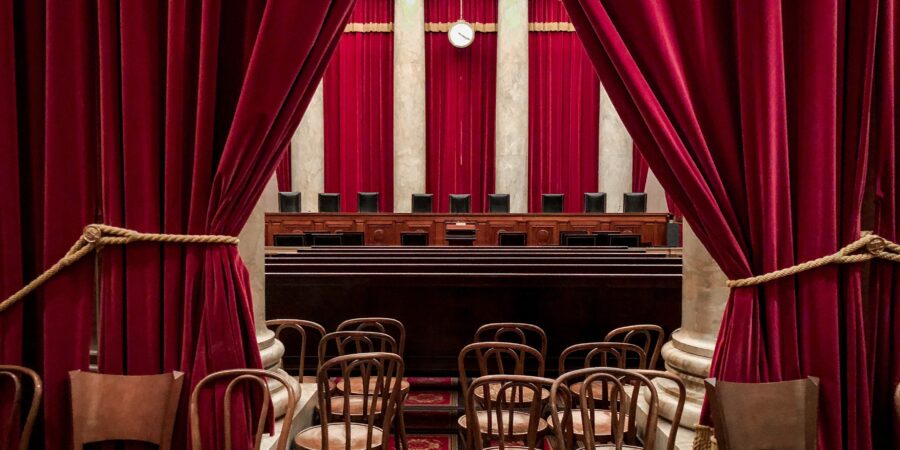FACTS:
Petitioner Rev. Elly Velez Pamatong filed his Certificate of Candidacy for President on December 17, 2003.
Respondent Commission on Elections (COMELEC) refused to give due course to petitioner’s Certificate of Candidacy in its Resolution No. 6558 dated January 17, 2004.
Petitioner moved for reconsideration.
The COMELEC, acting on petitioner’s Motion for Reconsideration and on similar motions filed by other aspirants for national elective positions, denied the same under the aegis of Omnibus Resolution No. 6604.
The COMELEC declared petitioner and thirty-five (35) others nuisance candidates who could not wage a nationwide campaign and/or are not nominated by a political party or are not supported by a registered political party with a national constituency.
In this Petition For Writ of Certiorari, petitioner seeks to reverse the resolutions which were allegedly rendered in violation of his right to “equal access to opportunities for public service” under Section 26, Article II of the 1987 Constitution, by limiting the number of qualified candidates only to those who can afford to wage a nationwide campaign and/or are nominated by political parties. In so doing, petitioner argues that the COMELEC indirectly amended the constitutional provisions on the electoral process and limited the power of the sovereign people to choose their leaders.
ISSUE:
Whether or not the COMELEC resolutions were rendered in violation of his right to “equal access to opportunities for public service” under Section 26, Article II of the 1987 Constitution.
RULING:
Implicit in the petitioner’s invocation of the constitutional provision ensuring “equal access to opportunities for public office” is the claim that there is a constitutional right to run for or hold public office and, particularly in his case, to seek the presidency. There is none.
What is recognized is merely a privilege subject to limitations imposed by law. Section 26, Article II of the Constitution neither bestows such a right nor elevates the privilege to the level of an enforceable right. There is nothing in the plain language of the provision which suggests such a thrust or justifies an interpretation of the sort.
The “equal access” provision is a subsumed part of Article II of the Constitution, entitled “Declaration of Principles and State Policies.” The provisions under the Article are generally considered not self-executing, and there is no plausible reason for according a different treatment to the “equal access” provision.
Like the rest of the policies enumerated in Article II, the provision does not contain any judicially enforceable constitutional right but merely specifies a guideline for legislative or executive action. The disregard of the provision does not give rise to any cause of action before the courts.
Obviously, the provision is not intended to compel the State to enact positive measures that would accommodate as many people as possible into public office.
The privilege of equal access to opportunities to public office may be subjected to limitations. Some valid limitations specifically on the privilege to seek elective office are found in the provisions of the Omnibus Election Code on “Nuisance Candidates” and COMELEC Resolution No. 645210 dated December 10, 2002 outlining the instances wherein the COMELEC may motu proprio refuse to give due course to or cancel a Certificate of Candidacy.
As long as the limitations apply to everybody equally without discrimination, however, the equal access clause is not violated. Equality is not sacrificed as long as the burdens engendered by the limitations are meant to be borne by any one who is minded to file a certificate of candidacy. In the case at bar, there is no showing that any person is exempt from the limitations or the burdens which they create.
Clearly, therefore, petitioner’s reliance on the equal access clause in Section 26, Article II of the Constitution is misplaced.
Owing to the superior interest in ensuring a credible and orderly election, the State could exclude nuisance candidates and need not indulge in, as the song goes, “their trips to the moon on gossamer wings.”
The case was remanded to the COMELEC for the reception of further evidence, to determine the question on whether petitioner Pamatong is a nuisance candidate as contemplated in Section 69 of the Omnibus Election Code.
